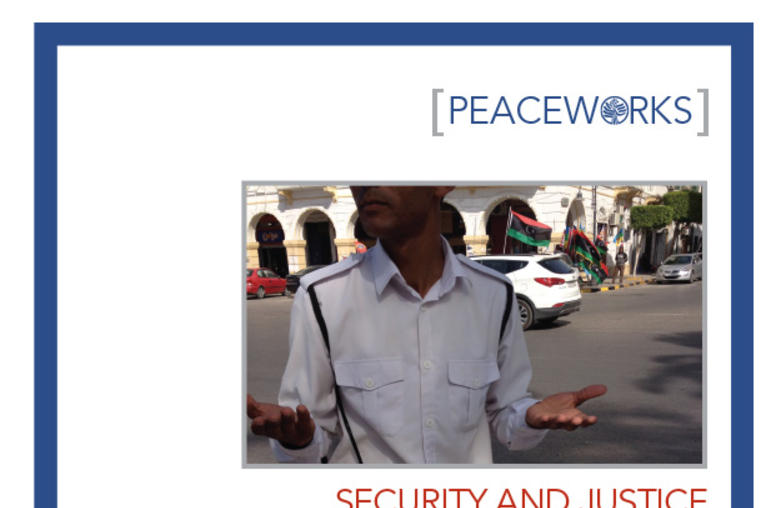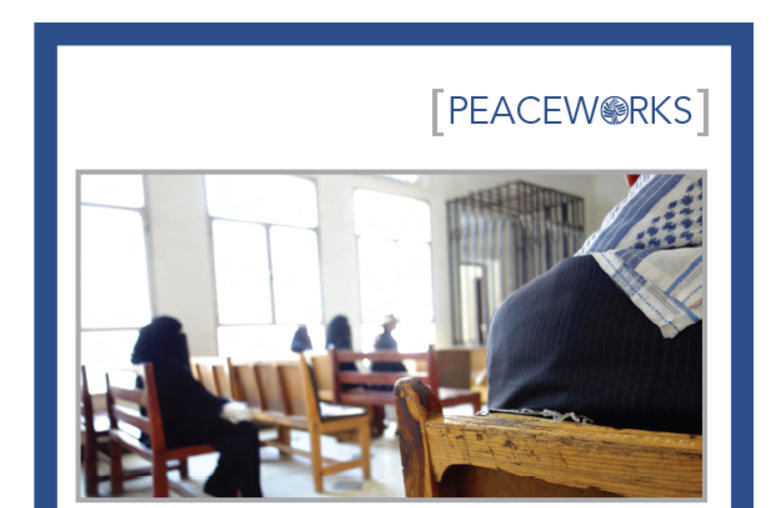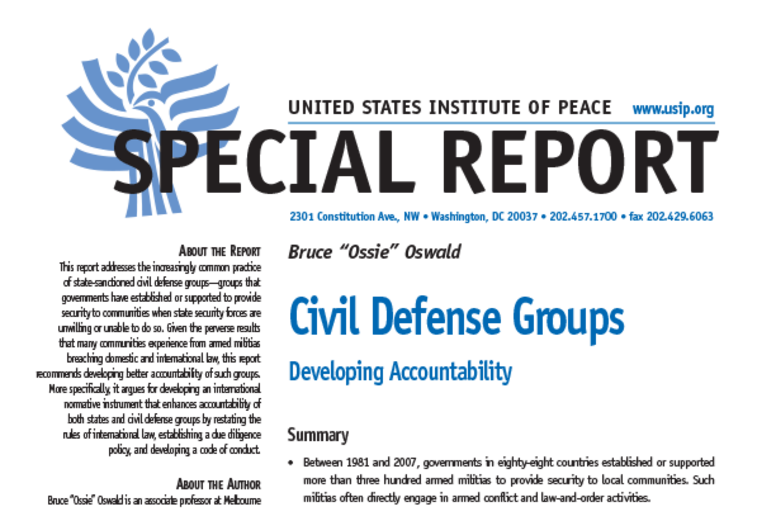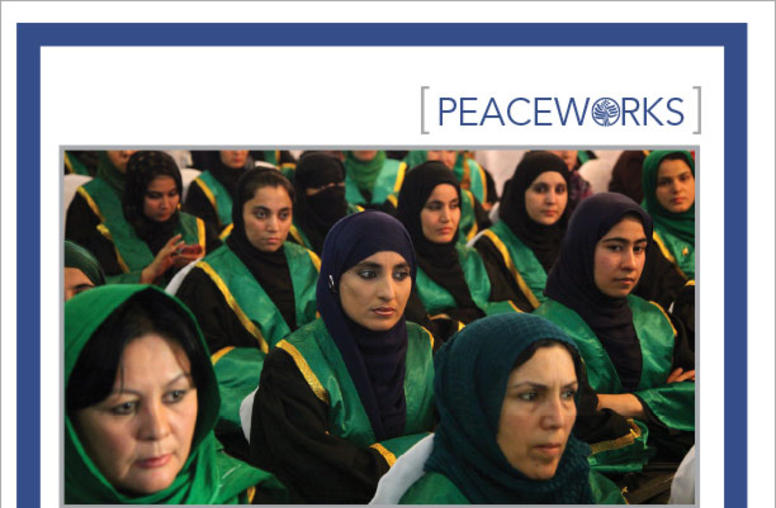Transitional Justice Mechanisms: Do They Work?
In the past twenty years, "transitional justice" has become a buzzword in the international community and is routinely promoted as a necessary component of peace processes. Criminal trials for mass atrocities and truth commissions are increasingly common in transitional countries around the world, while in a host of recent conflicts, from Iraq and Afghanistan, to Congo and Darfur to Nepal and Burundi, attempts to establish transitional justice mechanisms have faced major obstacles, and continue to a subject of debate. But do we know if they really work? What evidence is there that transitional justice mechanisms, including truth commissions, tribunals, reparations, and vetting mechanisms actually produce a more lasting peace, or a more just society?
A new USIP publication, "Assessing the Impact of Transitional Justice" is the result of a grant from the Institute. The study gauges the effectiveness of various transitional justice mechanisms in 70 countries that have suffered from autocratic rule, genocide, and protracted internal conflict. Drawing on the lessons of this empirical research, the book's editors will discuss the key findings and their implications for policy choices in countries such as Uganda, Sudan, or those noted above.
The book will be available for purchase at the event.
Speakers
- Victoria Baxter
United Nations Foundation - Audrey Chapman
University of Connecticut - Hugo van der Merwe
Center for the Study of Violence and Reconciliation - Neil Kritz, Moderator
U.S. Institute of Peace



